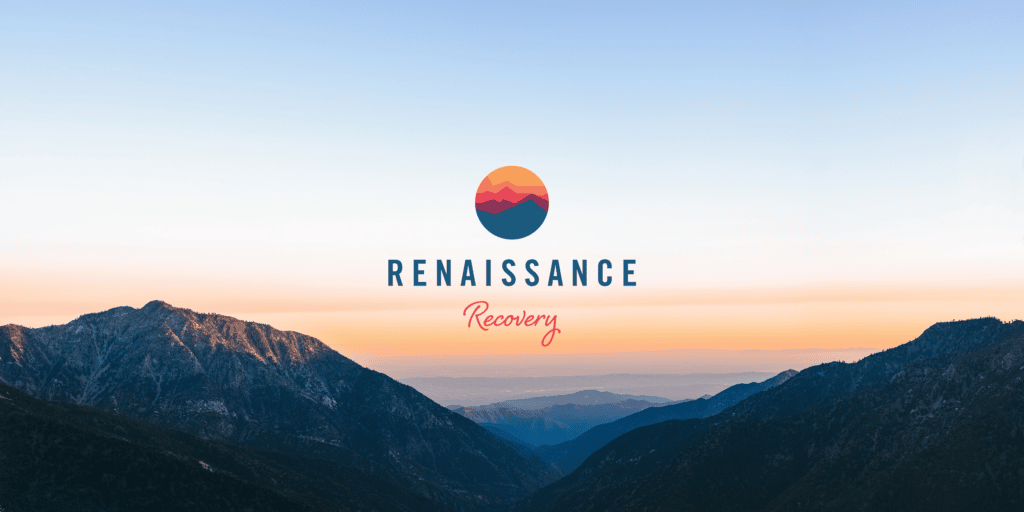What is sobriety? Well, for those looking to overcome their substance abuse and addiction problems, gaining a better understanding of how sobriety works and how addiction treatment programs, like Renaissance Recovery‘s California and Florida rehabs, can work to streamline your position when you or your loved one decides it’s time to break the chains of addiction.
Sobriety Definition
The dictionary definition of sobriety is the state of being sober or not affected by alcohol.
Need help getting addiction treatment?
However, it should be noted that the typical sobriety definition also includes refraining from any type of substance that alters your mental or physical state.
Sobriety as a mainstream concept is widely understood as totally refraining from a substance or behavior. The process described here is abstinence rather than sobriety, though. Sobriety per the textbook definition simply means not being intoxicated at any given point.
How is it, then, that the common understanding of this word has veered so far from the literal definition?
Looking back to the early nineteenth century, both drunkenness and substance use were viewed as moral failings and heavily stigmatized. There was no treatment offered for alcoholism or drug addiction, purely punitive actions like imprisonment.
This punitive approach to addiction prevailed until the start of the twentieth century and the end of Prohibition. Addiction was increasingly viewed as a medical rather than moral issue, laying the foundation for what would become the disease model of addiction.
With society starting to perceive addiction more sympathetically, the organization Alcoholics Anonymous (AA) was created. Heavily influenced by the concept that addiction has a valid medical basis, AA held that:
Addiction was inherent in some people, an uncontrollable predisposition to substance abuse.
As soon as these people drink alcohol, they lose the control to stop and are helpless in the face of cravings.
Addiction is not reversible. It can only be managed by lifelong abstinence.
The modern understanding of sobriety is almost identical to these precepts of Alcoholics Anonymous, perhaps fueled by the rapid and widespread success of AA. With so many 12-step programs and peer-based recovery organizations championing these concepts, the public began to view sobriety and recovery as synonymous.
So what does it mean to be sober?

What Does Sobriety Mean?
At its simplest level, sobriety is the act of not drinking alcohol or consuming drugs. This is where most people in recovery naturally begin, first fighting the lingering effects of withdrawal and then working hard to maintain abstinence, all the while fighting cravings for alcohol, both conscious and unconscious.
Once you move beyond rehab and beyond the most acute risk of relapse, though, you may start to feel that purely abstaining from alcohol does not provide the reward or the motivation you need to pursue lasting sobriety, meaning you may need outside help.
Sobriety, then, is about much more than just not using substances. By accepting life’s ups and downs, by exploring new motivations, and by moving forward you should find that you don’t need to be intoxicated to be happy.
The strong emphasis on abstinence in our current understanding of the word sobriety can lead to a rather narrow idea of recovery. This is not to undermine the value of successfully quitting the compulsive use of substances in recovery: without this, recovery gets no traction. Taking a broader view, this is just one important component of an ongoing process.
What is the Difference Between Recovery and Sobriety?
Addiction is now widely understood to be a mental issue. NIDA (the National Institute on Drug Abuse) characterizes addiction as a “chronic, relapsing disorder” – up to 40% of all those in recovery relapse at least once – with those suffering from addiction engaging in “compulsive drug use despite adverse consequences”. Chronic addiction causes functional and structural changes in the brain.
The state of sobriety is both momentary and passive. Remember, sobriety in the textbook means being sober at one period.
The state of recovery, by contrast, is active and ongoing. You’ll need to remain vigilant, paying close attention to how you feel as well as developing sharper situational awareness to protect yourself from temptation.
Sobriety can be considered as an ongoing series of mini-events – today you’re not drinking, you won’t drink tomorrow – but recovery is the ongoing journey of staying sober and embracing long-lasting sobriety in a wider sense than just not drinking alcohol.
How can you meaningfully achieve this?
5 Steps to Achieving Sustained Sobriety
If you’re ready to get sober or maintain your sobriety, here are 5 steps to help you achieve lasting sobriety.
1) Become motivated to make positive change
Everyone faces unique challenges with addiction and there is no fixed blueprint for sobriety. That said, these simple pointers should show you that sobriety means a lot more than just putting down the bottle and not picking it up again.
Sobriety in its broader sense only begins once you are powerfully motivated to change, finally a stop to behavior you know needs adjusting. With that initial motivation in place, you can then begin engaging with the process of getting sober.
This process begins with detox. For more severe cases of alcohol use disorder or substance use disorder, medical detox centers provide a safe and comfortable environment. With around-the-clock medical supervision and medications to ease withdrawal symptoms and cravings, detoxification takes anywhere from a few days to a week or more.
You are now sober – or at least sober according to the dictionary definition.
At this early stage of your recovery journey, though, you will not have addressed the root cause of your addiction, and your sobriety will be remarkably fragile. The most minor unexpected hiccup could trigger relapse.
Engaging with inpatient or outpatient addiction treatment will help you to strengthen your sobriety through a combination of MAT (medication-assisted treatment), counseling, and psychotherapy like CBT or DBT.
Through rehab, you will learn to identify what triggers you to use substances, while also creating healthy coping mechanisms so you avoid relapse and stay sober.
When you complete your treatment program, you should have a relapse management and prevention plan in place, and you should also have the right level of aftercare for your needs. Engaging with alumni groups and peer-support groups like AA, NA, or SMART Recovery can help you maintain your hard-won sobriety.
2) Be true to yourself
Sobriety means being accountable to yourself. You decide whether or not you will consume alcohol. Newly sober, you now grasp that this is no longer out of your control.
As you become more confident in your sobriety, you will start to respect yourself enough not to reach for a bottle. Being accountable to yourself and staying true to yourself will give you the most powerful motivation to stay sober.

3) Learn how to embrace your feelings rather than numbing your feelings
Research shows that many people with addiction use drugs or alcohol to deal with stress or emotional turbulence. This often occurs when people struggle to deal with emotions and instead self-medicate, numbing any emotional pain with substances.
Alcohol-free, you should start to accept life more readily, facing up to challenges, and taking the rough with the smooth.
The more robust strategies you can develop to cope with stress in a healthy way, the more likely you are to stay sober without relapsing.
4) Confront and accept vulnerability
Engaging with rehab will have shown you that you cannot always be strong and that you will sometimes need to ask for help.
Rather than avoiding the idea of this vulnerability, you should instead focus on the different ways in which you could unwittingly invite relapse through the back door.
5) Take steps to protect yourself against vulnerability
Begin by recognizing that your state of mind, your sobriety, and your inner peace are all vulnerable, threatened at any time and from any angle. You can, though, take some sensible steps to protect yourself and your sobriety.
Choose carefully who you allow into your life. Shun toxic relationships and build as many new sober relationships as possible.
Engage with activities that build you up and stimulate you. Say no to all situations that in any way bring you down.
Staying Sober During Events & Holidays
One of the biggest obstacles people face in maintaining sobriety is getting through events and holidays where alcohol and other party drugs are going to be present. As these occasions can also put people around you who may also bring up old triggers, it’s important that you have a game plan and learn how to get through the holidays while in recovery.
Here are some steps you can take to ensure you maintain your sobriety during these times:
- Create a solid support system: lean on friends, family, and sober support groups who are invested in your journey and want to see you stay sober.
- Plan ahead & set clear boundaries: Make sure you are prepared beforehand to communicate with your friends and loved ones that you’re sober. It may help to have a rehearsed script you can fall back on if you’re worried about maintaining expectations.
- Keep busy with healthy activities at the event: Usually holidays and events are full of things to do that don’t involve substance use. Holiday-themed, alcohol-free events can be fun as well if you don’t feel ready to attend a party with alcohol or other substances present.
By following these steps, you can set yourself up to be able to enjoy the holidays without worrying if you’re going to be able to have a sober Christmas, or get through the even without compromising your sobriety success.

Discover the Meaning of Sobriety with Renaissance Recovery
Renaissance Recovery is an Orange County addiction treatment and mental health treatment organization dedicated to helping people achieve a life free from addiction.
Here at Renaissance, we also have connections with sober living homes and other treatment programs around the county that can provide you or your loved one with invaluable help to conquer addiction or co-occurring disorders.
To learn more about how our recovery center can help you, please reach out to our friendly admissions team today.



